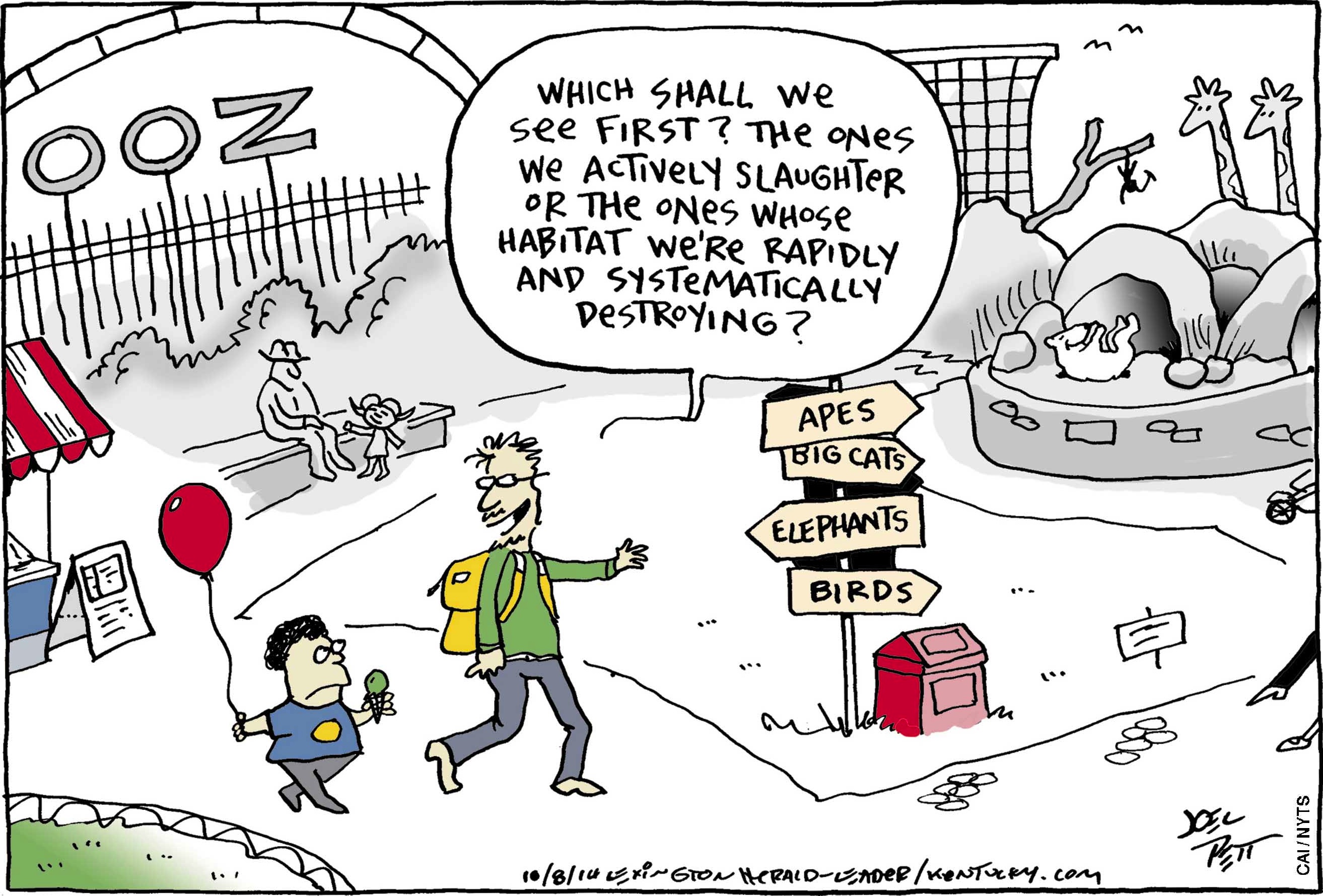Geology moves very slowly, and so do geologists. The Working Group on the Anthropocene was set up in 2009, but only presented its recommendation to the International Geological Congress in Cape Town on Aug. 29. The Working Group's experts have concluded that we are now living in a new geological epoch: the Anthropocene. That is, the epoch when human beings are reshaping the Earth.
Epochs (e.g. the Triassic, the Jurassic, or the Cretaceous) are usually big chunks of time: tens of millions of years. The Anthropocene, by contrast, is only about 65 years old, which is why many geologists are reluctant to accept it as a new epoch in the Earth's history. But they probably will, in the end, because the evidence is already there in the rocks.
The radical idea of defining an entire epoch by the impact of human civilization on the planet was advanced for the first time in 2000, by Nobel Prize-winning scientist Paul Crutzen. Modern human beings have been around for 200,000 years, he pointed out, but only in 1950 did our numbers and the products of our science and industry grow so great that we became a dominant factor in the planet's evolution.

















With your current subscription plan you can comment on stories. However, before writing your first comment, please create a display name in the Profile section of your subscriber account page.